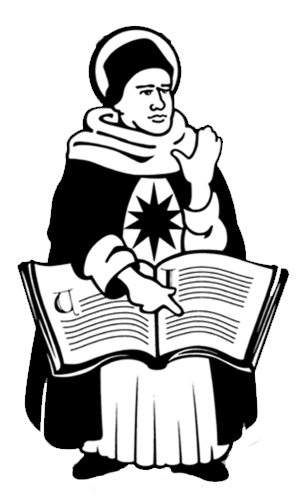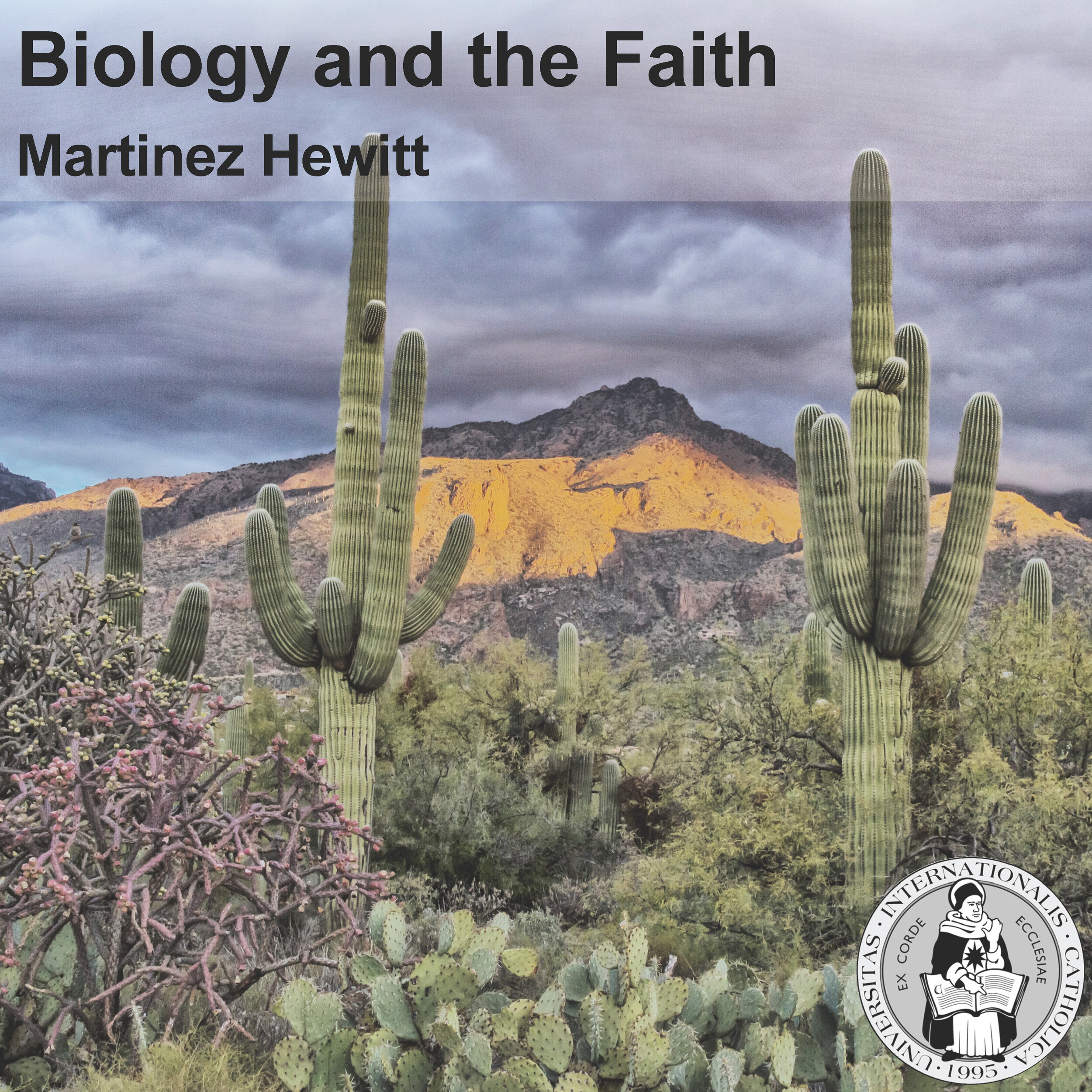Religious Liberty in the United States
William Bentley Ball
International Catholic University Classics Collection, recorded in 1997
This course serves as a history of religious liberty in the United States, walking the student through the evolving relationship between church and state. The Founders envisioned a role for the Christian religion in the founding of the country: to provide the moral code to which Americans would be expected to adhere. More recently, however, over concern that the assumption of Christianity by government institutions was a violation of the First Amendment, courts began to rule that there could be no traces of religion in government institutions, especially public schools. Prof. Ball describes some of the major cases in religious liberty jurisprudence, including one (Wisconsin v. Yoder) he argued himself, and won, before the Supreme Court.
45-minute lectures
Background on Religious Liberty
Religion in the Schools - The Everson Case and its Aftermath
Freedom of Conscience and Intellect - The Yoder Test
The Weakening and Rejection of the Yoder Test
Taxation and Religious Liberty
Law and the Moral Order
In Religious Liberty in the United States, Mr. Ball walks the student through the evolving relationship between church and state in the U.S. The Founders clearly envisioned a role for the Christian religion in the founding of the country: to provide the moral code to which all Americans would be expected to adhere. However, with concern that the assumption of Christianity by government institutions was a violation of the First Amendment ("Congress shall make no law respecting the establishment of religion…"), courts began to rule that there could be no traces of religion in government institutions, especially public schools.
Though originally recorded before the current political debates, Religious Liberty in the United States provides a solid foundation in the history and issues that have formed today's crisis. He predicts religious persecution, and urges a return to the correct understanding of the role of religion in society. The extreme decisions that have purged public life of religion have trespassed upon the religious liberty of all. If no one is allowed to express his religious views for fear of causing offense, secularism has become the enforced national religion. Cleansing the state of religious principles has effectively erased its moral code -- any moral principles that do remain in the state are subjective, and severely threatened. Utility is now the measuring stick by which actions are judged, and our basic rights of life, liberty, and the pursuit of happiness will always be arbitrary unless their source, the Creator, can once again be acknowledged by government.
Listen to the full catalogue of Catholic Thinkers courses on your favorite podcast format:
iTunes | Google Play | Stitcher | Spotify | Audible
Terms of Use. Catholic Thinkers media is copyrighted material. However, we have made it free with the expectation that it will be shared and used by many. If you share what you see here, please acknowledge your source, and send people our way to find more. You or your organization may not benefit financially from use of our media without written consent. Please continue reading for full terms of use, and contact us with questions or requests: info@catholicthinkers.org






